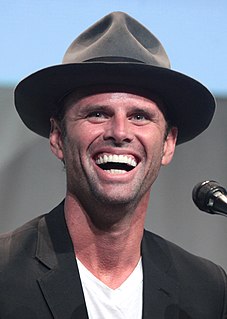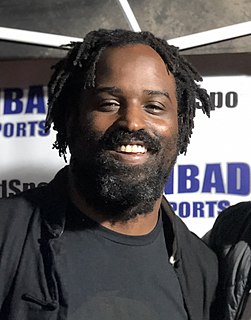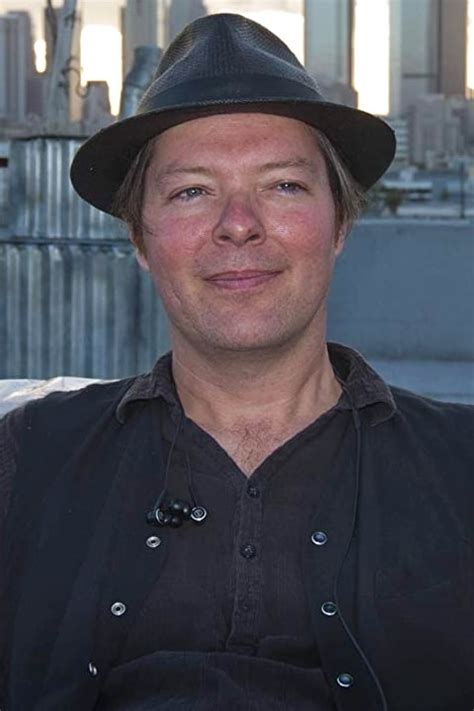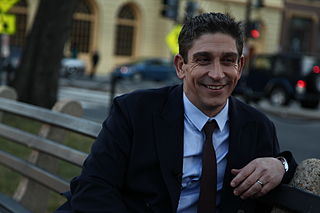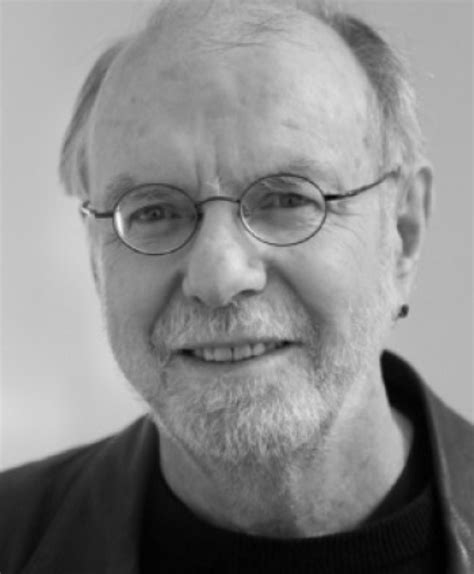A Quote by Max Brooks
Zombies don't run. They don't dance. They don't say, "More brains." There is no Thriller Night. Those are stereotypes that are perpetrated by Hollywood, which I think is very irresponsible because it can get you killed.
Related Quotes
As an American I must say I haven't been very encouraged by the way in which the people who run the government in the United States have been listening to those contrary voices. And so long as the power to run the world lies in the hands of people who are quite happy to see it get warmer, or fuel be used more, then would those people who oppose it are crying in the wilderness - that's the real problem.
I think every filmmaker in Europe would be lying if they didn't say one day they just wanted to make a movie here in Hollywood or at least try it. It's very different from European filmmaking, because here it's like a real industry. It's very much about money and making money, which I think is fine, because it's very expensive to make movies.
I think I'm drawn to more villain-type characters, because it's so cool to get to say all the things you want to say. In Hollywood, you get to this position where you have to bite your tongue so much. You take all your experiences of not being able to say what you really want to say, and channel that through your character.
The trouble with integers is that we have examined only the very small ones. Maybe all the exciting stuff happens at really big numbers, ones we can't even begin to think about in any very definite way. Our brains have evolved to get us out of the rain, find where the berries are, and keep us from getting killed. Our brains did not evolve to help us grasp really large numbers or to look at things in a hundred thousand dimensions.
My mother used to say when we were children, 'When a boy gets a stick in his hand, his brains run out the other end of it.' Power is a stick in the hand, and I have never heard of anybody who wielded a very big stick of power whose brains did not run out the other end. As a nation, our brains are running out the other end of our power right now.



